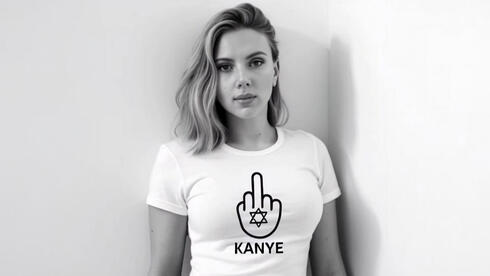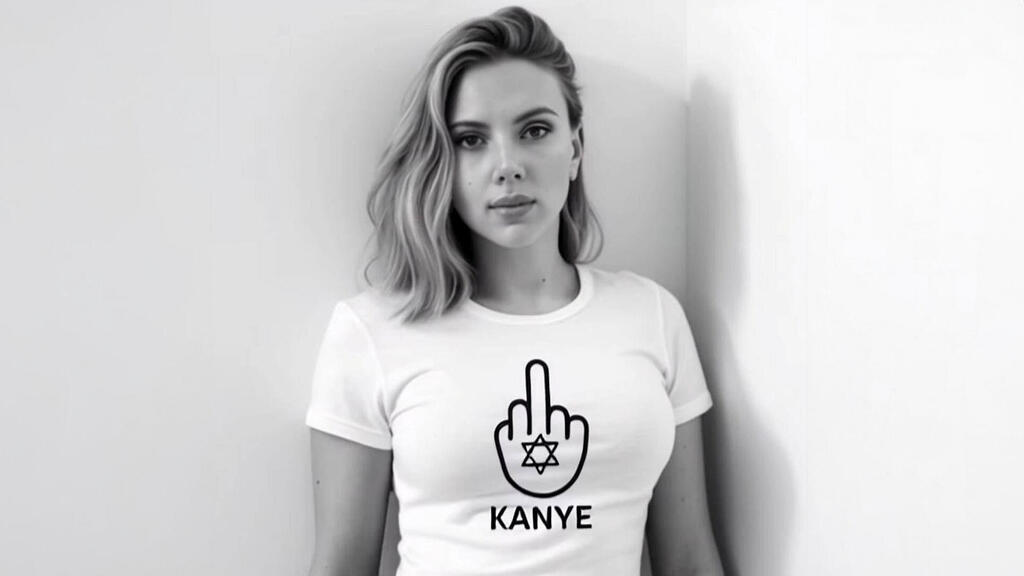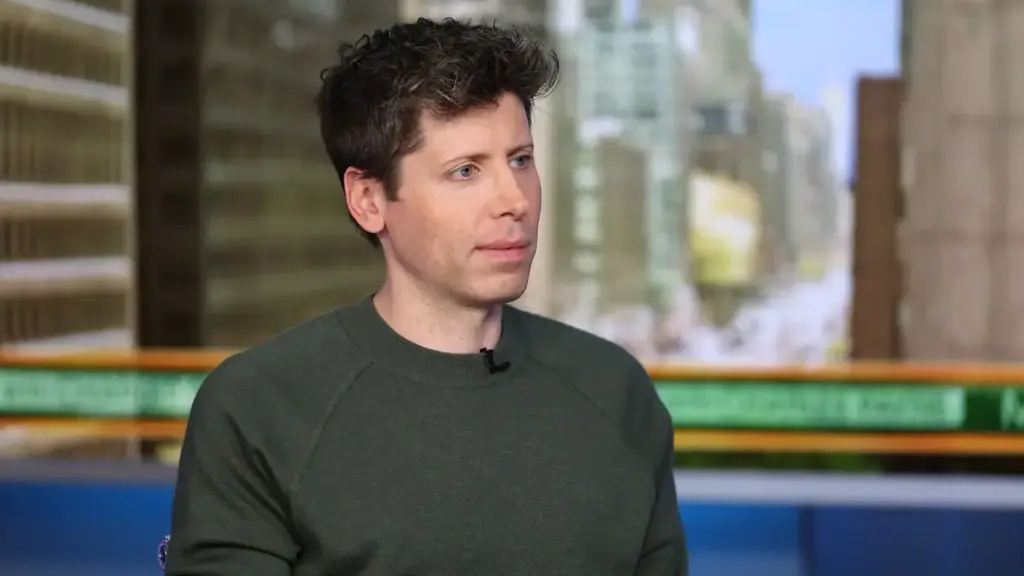
Analysis
Scarlett Johansson fights AI exploitation, but the US government looks away
While Johansson calls for action, Trump’s administration pushes for deregulation.
In the ongoing debate about the future of artificial intelligence, few figures illustrate the importance of “responsible development” as effectively as Scarlett Johansson. In the past year, the acclaimed actress has, in just two sharply worded letters, underscored the depth and scope of the harm that generative AI tools are already causing—without resorting to dystopian fantasies about machines taking over the world.
“I am a Jewish woman who has no tolerance for antisemitism or hate speech of any kind,” she wrote in a letter condemning the unauthorized use of her likeness in an anti-Semitism awareness campaign, which was distributed following inflammatory remarks by musician Kanye West (Ye). “But I also firmly believe that the potential for hate speech multiplied by AI is a far greater threat than any one person who takes accountability for it. We must call out the misuse of AI, no matter its messaging, or we risk losing a hold on reality.”
2 View gallery


AI-generated image of actress Scarlett Johansson in anti-Kanye West video
(social media)
Johansson went on to call for immediate government intervention: “There is a 1000 foot wave coming regarding AI that several progressive countries, not including the United States, have responded to in a responsible manner. It is terrifying that the US government is paralyzed when it comes to passing legislation that protects all of its citizens against the imminent dangers of AI.
She went on to “urge the U.S government to make the passing of legislation limiting AI use a top priority. It is a bipartisan issue that enormously affects the immediate future of humanity at large.”
This is not the first time Johansson has had to fight for her rights against AI-driven exploitation of her image and voice. Last May, she took legal action against OpenAI to prevent the company from launching “Sky,” a voice assistant featuring a synthesized voice eerily similar to hers. Johansson said she was “shocked” and “angry” upon hearing the voice.
“In a time when we are all grappling with deepfakes and the protection of our own likeness, our own work, our own identities, I believe these are questions that deserve absolute clarity. I look forward to resolution in the form of transparency and the passage of appropriate legislation to help ensure that individual rights are protected,” she stated. In response to the backlash, OpenAI suspended the launch but insisted that any resemblance to Johansson’s voice was purely coincidental. However, the company’s CEO, Sam Altman, had reached out to Johansson before the launch, inviting her to lend her voice to the system—an offer she declined. Ahead of the product’s release, Altman posted a cryptic one-word tweet: “Her”—a reference to the Spike Jonze film in which Johansson voices an AI assistant.
Despite growing concerns about AI’s misuse, Johansson’s calls for stricter regulation seem to be falling on deaf ears. Since returning to office, the new administration of President Donald Trump has moved aggressively to roll back restrictions on AI companies. One of Trump’s first executive orders rescinded a directive from his predecessor, Joe Biden, which had required companies to ensure that their AI tools would not harm the public. Trump justified the move by claiming that such oversight “creates barriers to American AI innovation.”
Regulation vs. Unchecked Expansion
The administration’s shift is driven not only by Trump’s personal ties to Elon Musk—whose company xAI is a key player in the AI race—but also by escalating tensions with China, which is vying for dominance in a technology now deemed critical to national security.
Last week, in his first major foreign engagement as vice president, J.D. Vance reinforced this hands-off approach at an AI summit in Paris. Speaking to an audience of global leaders and tech CEOs, he dismissed the European Union’s AI regulations as excessive. "We believe that excessive regulation of the AI sector could kill a transformative industry," Vance declared. "We feel very strongly that AI must remain free from ideological bias and that American AI will not be co-opted into a tool for authoritarian censorship.”
At the end of the summit, the U.S. and Britain notably refused to sign a declaration endorsed by 60 other nations—including China, Canada, Australia, Japan, and India—pledging to promote AI development that is “open, inclusive, transparent, ethical, safe, secure, and trustworthy.” The declaration also emphasized the need to ensure AI remains sustainable for both humanity and the planet.
The Trump administration’s approach mirrors that of past American governments in the 1990s and early 2000s, which allowed Silicon Valley to expand largely unchecked. While this policy fostered rapid innovation, it also enabled tech giants to accumulate near-monopolistic power, stifling competition and raising concerns about corporate dominance. Even during Trump’s first term, the consequences of this deregulated environment became evident, leading to multiple antitrust investigations against Apple, Microsoft, Google, Facebook, and Amazon in the U.S., Europe, and Asia.
The Global AI Race Intensifies
Meanwhile, Europe continues to take the lead in AI regulation. The EU’s landmark General Data Protection Regulation (GDPR) has already set global standards for data privacy, and its new AI Act establishes oversight mechanisms for AI development and deployment, requiring transparency and accountability from tech companies. As Europe strengthens its regulatory framework, the divide between the U.S. and its allies is widening, with competition in the AI sector intensifying.
Empires Fall Slowly
A recent development in China has further shaken the AI landscape. Last month, the Chinese startup DeepSeek unveiled an advanced AI-powered text generator that it claims operates at a fraction of the cost of similar American models. The launch triggered a wave of panic among U.S. tech firms, which were caught off guard by the emerging competition. Investors reacted swiftly, and within hours, the combined market value of leading U.S. tech companies dropped by nearly a trillion dollars.
As the global AI battle intensifies, the ideological divide over responsible development appears more pronounced than ever. On one side, U.S. technology firms—now emboldened by government support—are pushing for unrestricted expansion, prioritizing capital, infrastructure, and market dominance over safeguards. On the other side, advocates for public interest argue for sustainability, oversight, and ethical accountability.
Backed by Washington, American AI companies are experiencing their golden age—seemingly unstoppable in their pursuit of global supremacy. But history suggests that no empire lasts forever. The question is not whether these companies will face resistance, but when and how their unchecked rise will be curbed: Will it be through regulatory intervention before it’s too late? Or will an inevitable crisis expose the true cost of their limitless expansion?














